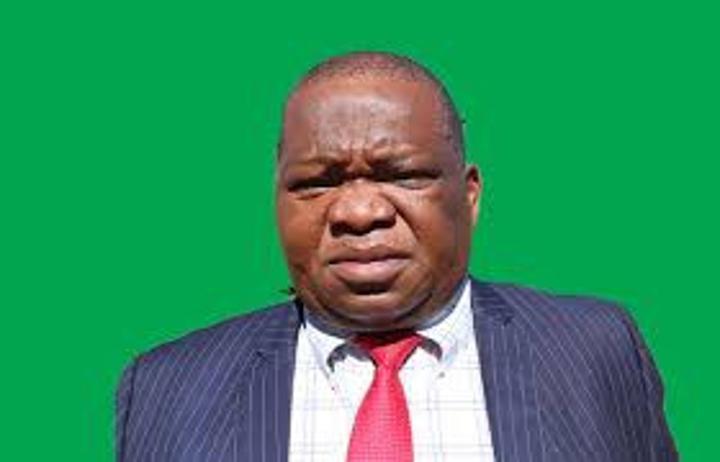Africa-Press – Zimbabwe. THE Rural Electrification Fund (REF) has appealed for increased fiscal support and improved availability of key infrastructure, stressing that these current gaps continue to hinder progress in rural electrification efforts.
REF has recorded notable milestones in electrifying the country’s rural areas through grid electricity, solar systems, and biogas.
Speaking during a REF Stakeholder Consultative workshop in Harare on Thursday, REF board member Cosmas Chiringa, on behalf of the Fund’s board chairperson Willard Chiwewe, said the parastatal continues to grapple with major drawbacks in rural electrification efforts due to inadequate funding.
“REF faces problems in the provision of energy infrastructure in the rural areas. The biggest challenge is inadequate funding,” Chiringa said.
“REF relies on funding from electricity sales, a 6% from consumers.
“As such, as we understand the government’s main responsibilities, we still appeal for an increase in fiscal funding.”
Chiringa noted that the 6% funding from electricity, labour and disbursements were not enough, adding that the country has self-financed the rural electrification programme without any external assistance, unlike other rural electrification programmes in other countries.
He also stressed lack of availability of infrastructure to facilitate rural electrification efforts.
“The other problem is the unavailability of key project materials like transformers some of which have to be imported to complement our supplier Zesa Enterprises.
“Our target is to achieve our vision of a universal access to modern energy services by all rural communities of Zimbabwe by 2030.
“The Rural Electrification Programme has no doubt played a significant role in transforming the lives of communities for the better.
“Many electrifying schools have embraced ICT, and teachers who shun the working in rural areas are now happy being there because they now have electricity,” Chiringa said.
“Similarly, nurses who used to work in darkness, attending to patients, particularly expecting mothers, for example, are now working in a well-lit and friendly environment.
“The majority of smallholder farmers who over the years relied on rain-free agricultural production are now farming all year round following the electrification of their farms and the establishment of irrigation schemes. The list of advantages is endless.”
Meanwhile, of Energy and Power Development permanent secretary Gloria Magombo, whose remarks were delivered on her behalf by the director for energy conservation and renewable energy in the ministry, Sosten Ziuku, said REF remained the government’s arm for rural energy access and called on the Fund to prioritise universal access and integrate renewable energy.
“REF remains the core implementation arm of government’s rural energy access policy. It operationalises our national commitment to leave no one and no place behind in the transition to modern energy.
“The renewable energy sector has been undergoing a lot of technological changes, which we all have to keep abreast of, and which we need then to adopt and ensure they are fit for purpose for our rural population,” Ziuku said.
“REF’s strategic plan must prioritise accelerated universal access, renewable energy integration, institutional efficiency and governance, results-based management, and densification.
“We are fully aware as a ministry that REF is electrified in many rural business centres, many rural clinics and hospitals, many primary and secondary schools.
“Once electricity reaches those hubs, the next stage is densification, which is to ensure that the electricity is made available to the surrounding rural communities.”
For More News And Analysis About Zimbabwe Follow Africa-Press






